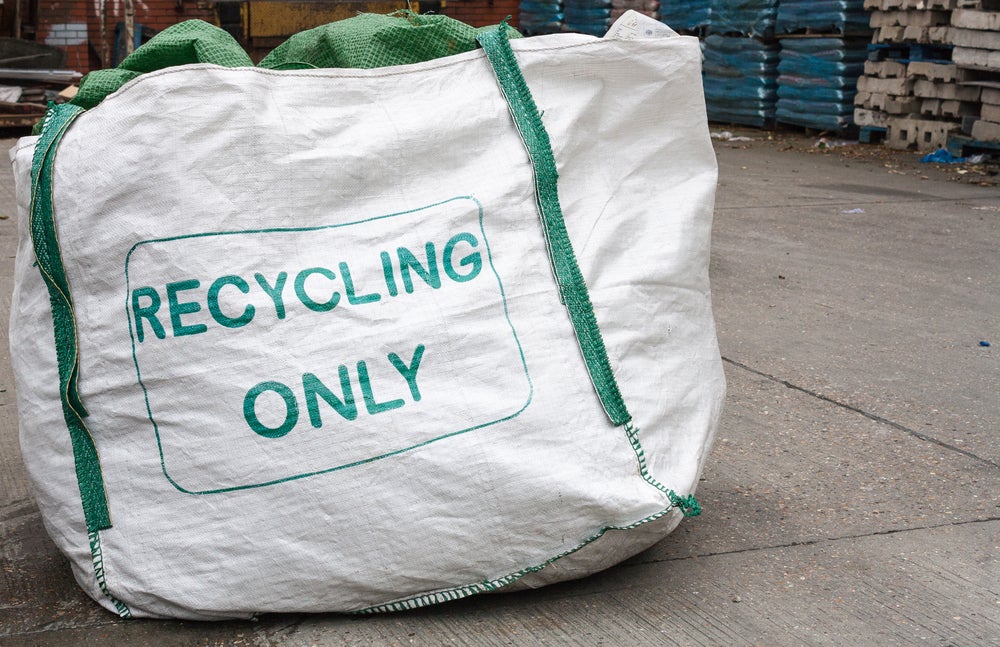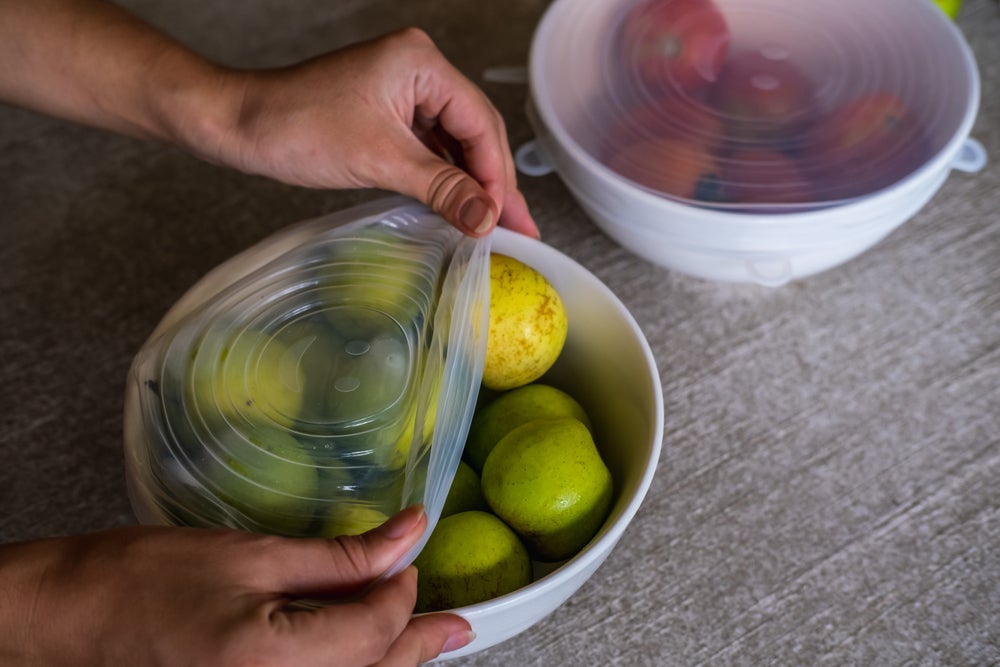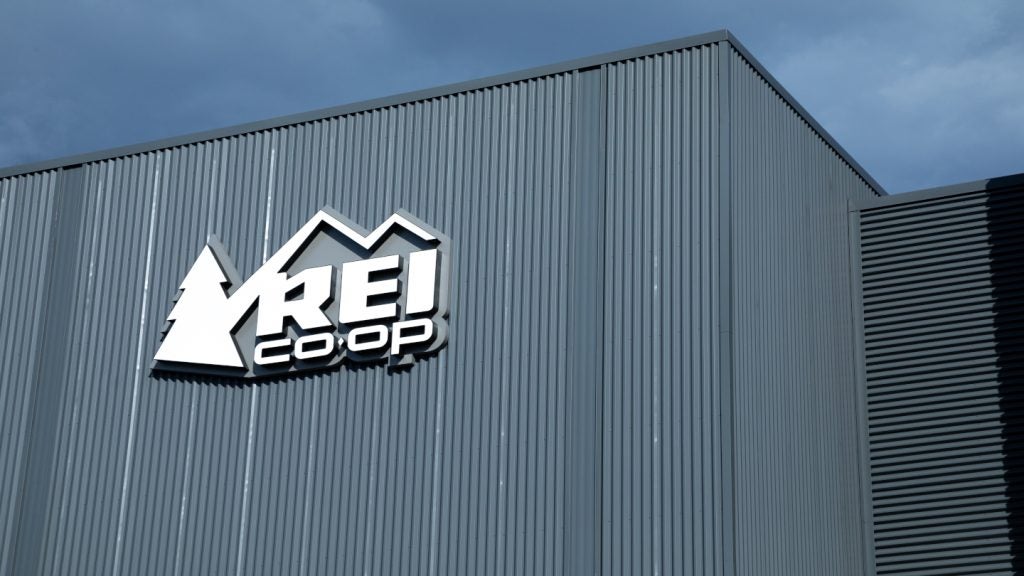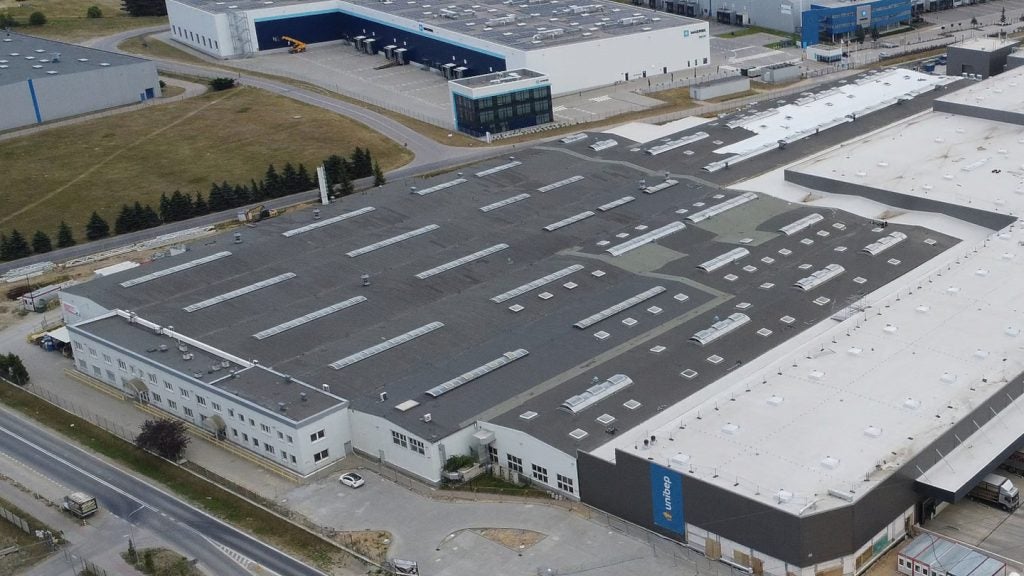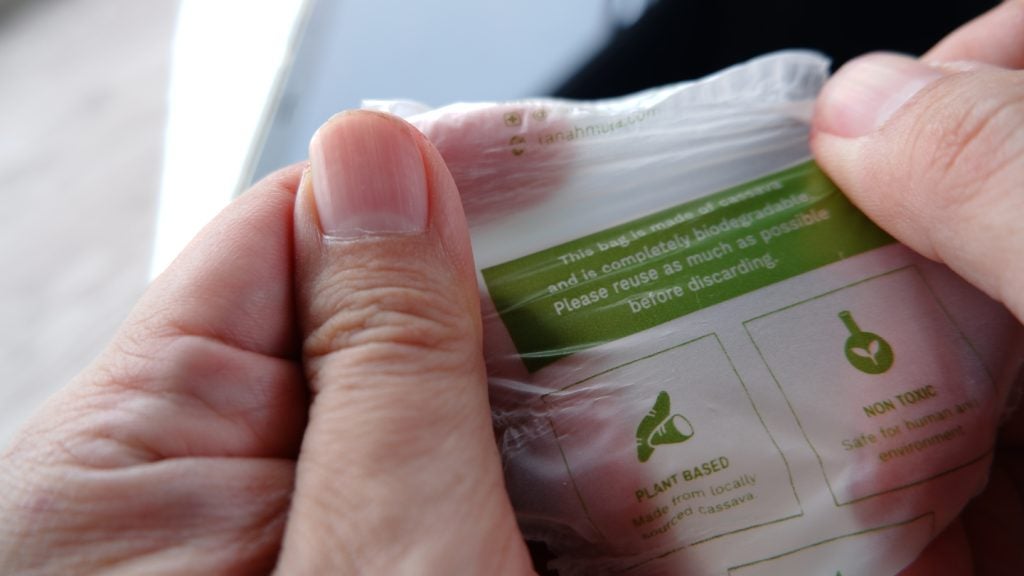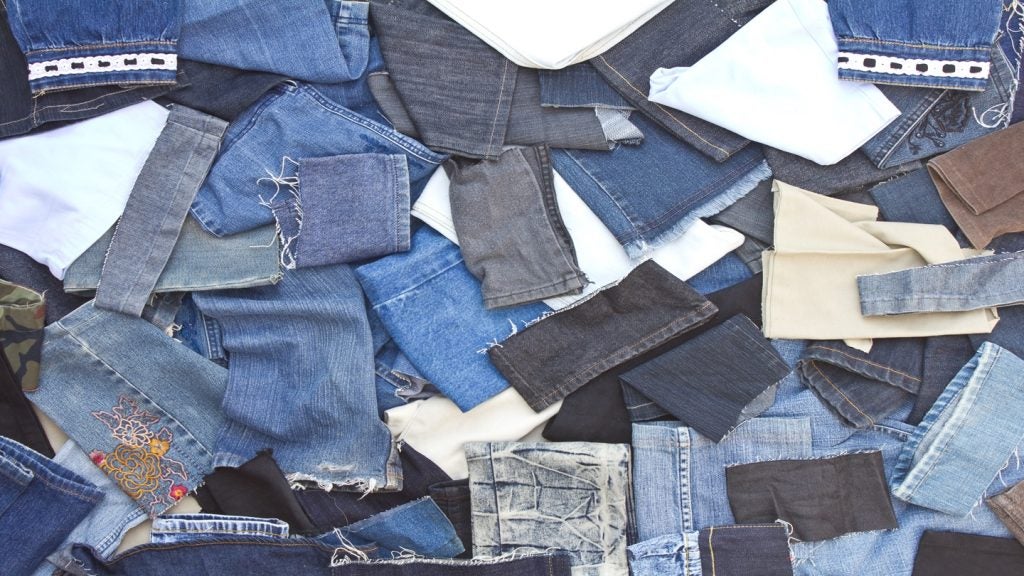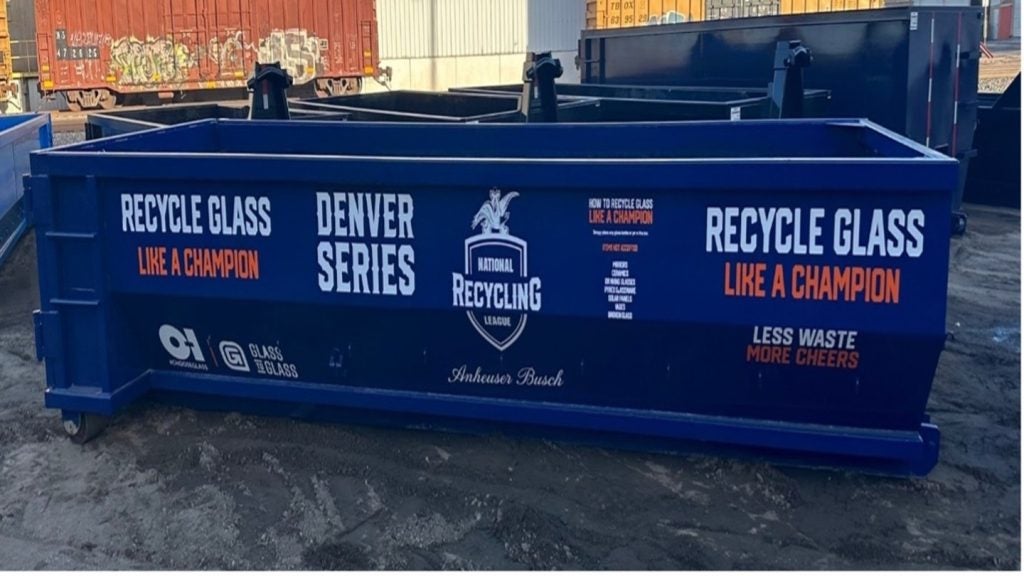The UK has made strides in packaging waste recycling, but challenges remain in meeting material-specific targets. The Producer Responsibility Obligations (Packaging Waste) Regulations have played a crucial role in driving these efforts.
The latest figures for 2022 and 2023 reveal important trends in recycling performance across various materials, with mixed results.
Recycling performance by material
In 2023, the total packaging waste in the UK amounted to 12.7 million tonnes, of which 64.8% was successfully recycled. Among the materials, paper and cardboard topped the list with a recycling rate of 73.4%, amounting to nearly 4 million tonnes recycled.
This was followed by metal, where 71.2% of the 774,000 tonnes of packaging waste was recycled, and glass, which achieved a 67.8% recycling rate, processing 1.8 million tonnes.
However, plastic recycling continues to lag behind, with just 52.5% of the 2.2 million tonnes recycled in 2023. The report from the Department for Environment, Food & Rural Affairs (Defra) highlights a need for improvement, particularly in plastic and wood packaging, where recycling rates remain lower.
Trends and challenges in plastic and wood recycling
Plastic and wood have long been challenging materials to recycle effectively. In 2023, plastic recycling reached 52.5%, a slight increase from 51.4% in 2022, but it is still far from optimal.
Wood recycling also saw a modest rise to 44.4% in 2023, up from 42.0% the previous year. This progress is encouraging but indicates that more innovative solutions are needed to meet future recycling targets.
The "other materials" category, which includes packaging items made from less conventional materials such as cloth, corks, and wax, remained a significant issue with zero recycling rates in both years.
This highlights gaps in the infrastructure needed to recycle more complex packaging materials.
The road ahead for packaging recycling in the UK
The UK’s packaging recycling efforts are progressing, but the journey is far from complete. While paper and cardboard recycling rates are commendable, materials such as plastic and wood still require further attention.
The 2023 figures show a slight improvement in overall recycling, but with only 64.8% of packaging waste recycled, there is significant room for growth.
As noted by the Department for Environment, Food & Rural Affairs (Defra), the figures "underline the importance of further innovation in recycling technology" and "a continued push for businesses to meet recycling obligations."
To stay on track, the UK must focus on increasing recycling rates for harder-to-recycle materials and ensure that all packaging waste has a viable recycling pathway.
In conclusion, while the UK has made progress in the recycling of packaging waste, the focus must now shift to addressing the challenges surrounding plastic, wood, and complex materials.
Improved recycling technologies, stronger business commitments, and more robust waste management systems will be essential to meet future goals and ensure sustainability in packaging practices.


